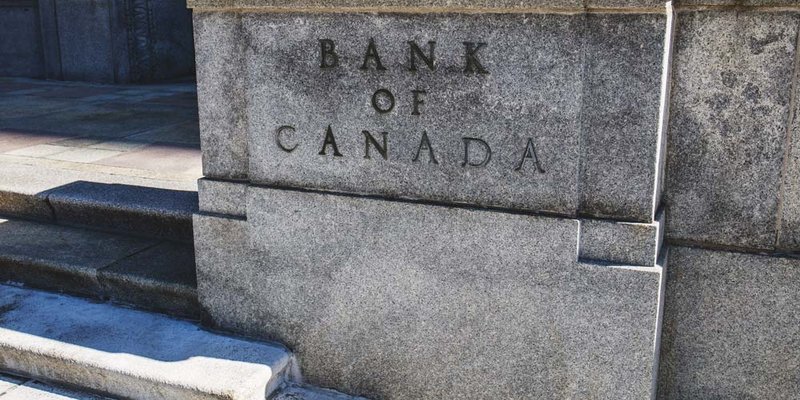
If you are not redirected within 30 seconds, please click here to continue.
Samedi: 10h – 16h HAE

If you are not redirected within 30 seconds, please click here to continue.
If you are not redirected within 30 seconds, please click here to continue.
What Can Happen if the U.S. Raises Interest Rates Before Canada

Table of Contents
You’ve heard that saying: “when the U.S. sneezes Canada gets a cold”. That cold may be coming sooner than we think, as experts in the U.S. are forecasting an interest rate hike at the final Federal Reserve meeting of 2016, scheduled for December 14.
There are some similarities between us and our neighbours to the south: both countries have been operating in record low interest rate environments, and both are looking for opportunities to raise rates to return levels to more normal conditions. But our economic situations are very different.
Bank of Canada Governor Stephen Poloz has made it clear, stating that current underlying economic conditions do not warrant a change in rate policy at this time. His words came on September 7th, immediately after announcing the Bank was opting to keep the benchmark interest rate at 0.5% – the same level it's been at since July 2015.
However, the rhetoric is much different in the U.S. At her last meeting, Federal Reserve chairperson Janet Yellen also kept rates steady at a target between 0.25% to 0.5%. She indicated, though, that she may raise rates at the next FOMC meeting. If the U.S. should raise rates before Canada, it will hit Canadian pocket books.
Here is what we need to keep our eye on:
The Canadian dollar
The loonie has been stronger after hitting an 11-year low in December 2015.
In his recent report on the dollar, Greg Anderson, the global head of foreign exchange strategy at BMO Capital Markets, says the loonie “benefited from higher oil prices and some reduced pressure on the Bank of Canada to cut interest rates.”
That could change if the U.S. were to raise rates. A rate hike by the Fed would give the American greenback an immediate boost, thus making our dollar weaker against it. While this would be great for Canadian exporters, it would hurt our retailers bringing goods across the border and make it more expensive for Canadians to travel internationally.
Fixed-rate mortgages
Fixed-rate mortgages would rise as they are tied to long term Canadian bond prices, which are ultimately tied to the long term U.S. bond prices.
If the U.S. Federal Reserve raises rates, bond prices would fall. Banks sell bonds to raise money to lend to customers in need of mortgages. In the past, bond rates in Canada have risen when there has been a rate hike in the U.S.
Pain at the pumps
When the U.S. dollar is stronger, the price of oil goes up for Canadians as it is priced in USD. Even with Canada being an oil producing nation, the benefit to exporters of oil and gas does not outweigh the effect of a higher exchange rate. Therefore, if the Fed raises rates, expect prices at the pumps to rise as well.
Canada's Overnight Lending Rate
Historically speaking, when American interest rates rise or fall, Canada follows. That might not be the case this time.
In December 2015, Poloz said he expected the Canadian and American interest rate policies to diverge as the gap widened between their relative economic performances.
“We just want people to understand that usually we think of the Canadian economy following the U.S. economy fairly closely, and this will be one of those places where it really doesn’t,” he explained.
Meantime, in a speech made to the press after the latest rate announcement in the U.S., Yellen said, “our decision does not reflect a lack of confidence in the economy. Conditions in the labor market are strengthening, and we expect that to continue.”
Federal fund futures are pricing in a roughly 62% chance of a U.S. rate hike in December. Compare that to Canada, were the implied probability of a Bank of Canada rate cut by mid-2017 has dipped to less than 25%.
The next Bank of Canada announcement and Monetary Policy Report is scheduled for October 19.
Get money-saving tips in your inbox.
Stay on top of personal finance tips from our money experts!








